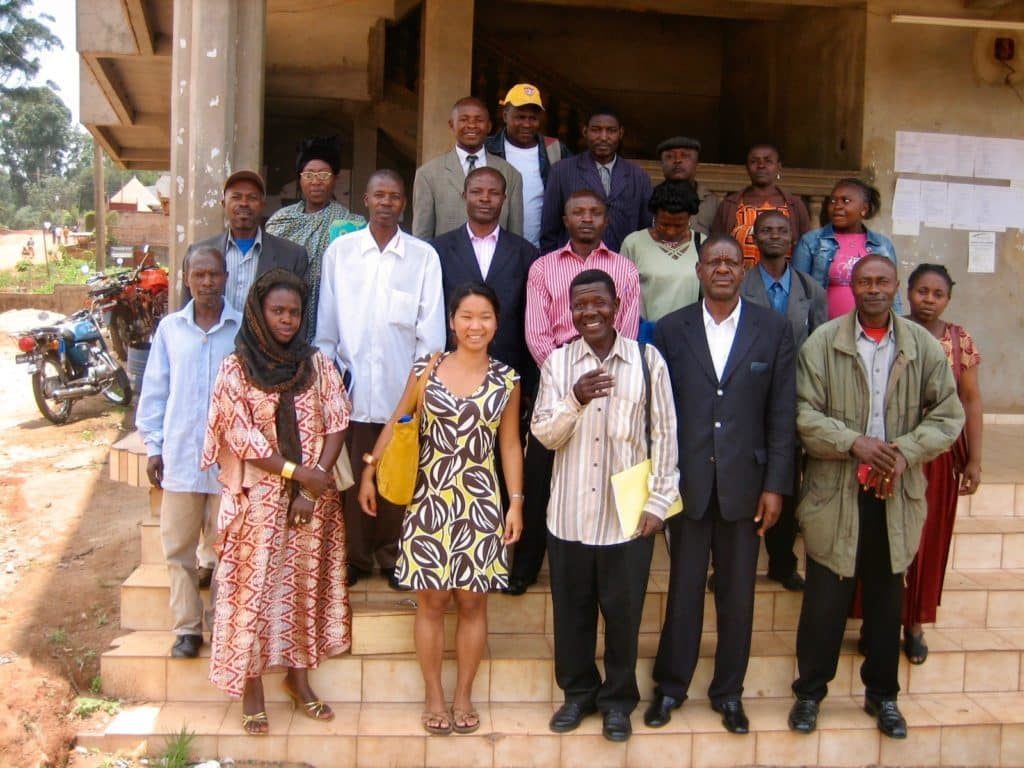Yesterday, a former student from my business class called and wanted to set up a meeting. I happily agreed, only to realize that he probably is trying to get me to do something. It’s rare that people in this village are that motivated.
I was right. Him and another guy also from the business class wanted me to help them with a project. But by help, they mean, they want me to write their project proposal so they can get funding from the Italians, or some other European country.
Needless to say, I was annoyed. They took my business class months ago and during our 6-week long classes, they learned all the steps of writing a business plan and/or project proposal. Yet, they came to me with nothing written except for a few measly pages of information they scrambled together. They said, “we hired someone to help us but she’s going on vacation. We thought we can sit down with you and do this.” I said, “writing a project proposal isn’t something you sit down and do within an hour. We had the course for 6 weeks for a reason.” In the end. I told them I was sorry that I couldn’t help them and explained that had already written a proposal, I could have given suggestions. But since nothing has been done, and my time is limited, that I was not able to offer help.
This, along with my library check ups this morning left me feel drained. Why do they think I am god and am here to solve all problems? Why do they never make any initiative and why do I feel like working with villagers in some ways is like babysitting? I gave them books. I gave them training on library management. Yet, unless there is a plan for someone to constantly go check up on them and bug them, then it’s very likely that all will be for naut. I gave you the food and the spoon to eat it, do I really need to feed it to you, too?
Two years may feel like a long time for most of us in the fast-paced world. But here in a village of Cameroon, where everything takes F.O.R.E.V.E.R., two years is a very short time. It took me my entire service to get books here and to teach a few rounds of business classes. Despite our best efforts to drawn up follow-up plans and passing the projects to new volunteers, there is no guarantee that these Cameroonians will use the knowledge that were taught or resources given.
The problem, I think, is mentality. They look to foreigners as some sort of fix-all solution. Somehow, they think we have all the money, skills, and knowledge in the world to make their lives better. Kate once told a story that illustrates this. For two years, people always bugged her about teaching them how to use the computer and the Internet. Cameroonians who run cyber cafés could easily teach them, but they never think to ask them for help. In the same light, I attempted to train Cameroonians who can give the same business classes that I taught to others, but they tell me that people won’t listen to them. The same information coming from a “white” person’s mouth apparently is worth more. How will a country ever grow and develop if its people are constantly relying on “white” people and not themselves? Changing that mentality could be the key, but how to do that is the big question.








Hi Wendy! I just wanted to say that I really love your blog and thank you for taking the time to write about your experiences. I hope to follow in your footsteps one day as a Peace Corps volunteer. Good luck at LSE!